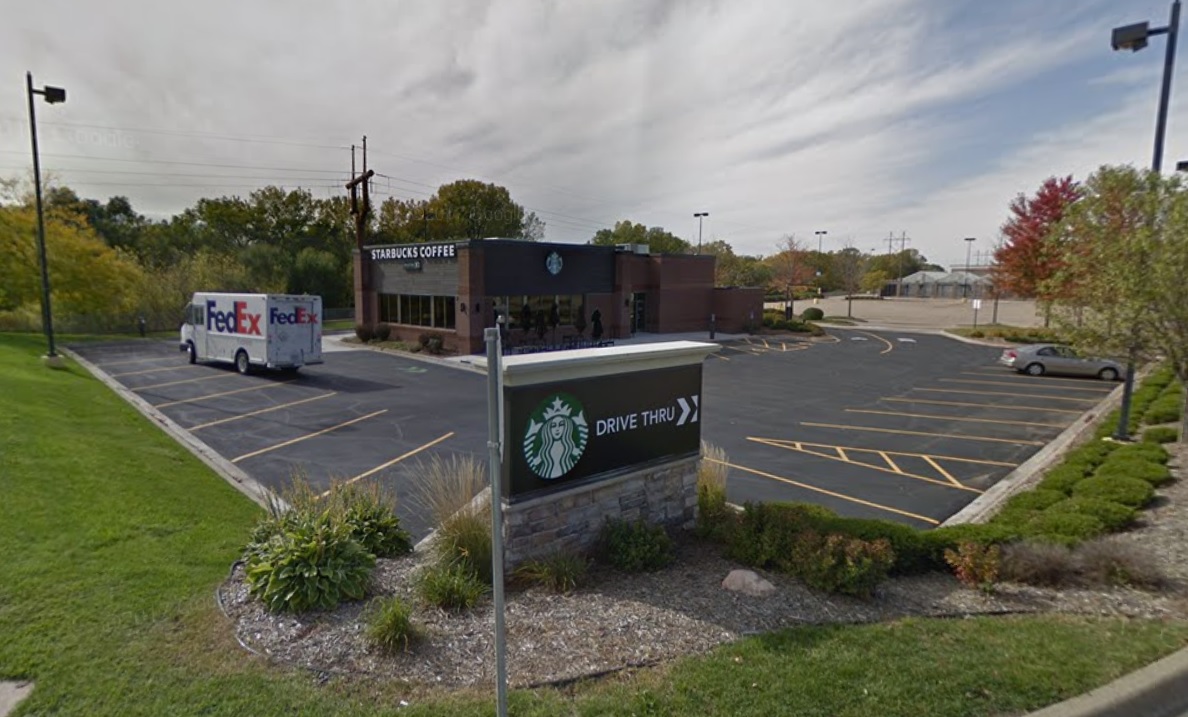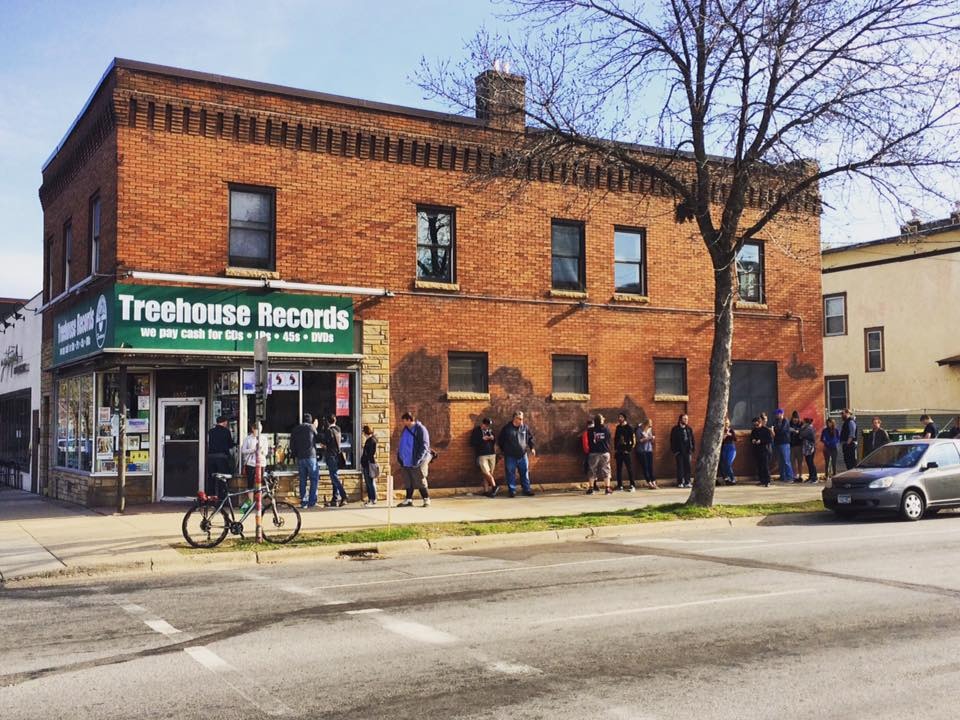Welcome back to The Flyover, your daily midday digest of what local media outlets and Twitter-ers are gabbing about.
Three Is a Trend
Back in February, we brought you news (not unlike our pals Bring Me the News) of Minnesota’s first two unionizing Starbucks—one in south Minneapolis, one in St. Paul’s Midway area. Now an “overwhelming” number of workers at a third location in St. Anthony have signed union cards, signaling their intent to vote on unionization. “We believe that unionizing veritably equalizes us at the table when we come together to create practical, sustainable, and fair solutions to the challenges we face every day in our store,” the St. Anthony workers wrote in an email Tuesday to Howard Schultz, the union-busting Starbucks CEO who returned to his post as 150+ locations at his company move to unionize. After Buffalo, New York, became home to the world’s first union Starbucks in December, pro-labor energy surged across the globe's largest coffee chain. Esau Chavez, an organizer with SEIU-affiliated Starbucks Workers United, tells us the Minneapolis and St. Paul shops will vote on whether to unionize by mid-April. “We are a little nervous about the union-busting tactics Starbucks has been employing,” worker Kasey Copeland told us last month. “But that doesn’t add up to their mission and values. They don’t scare us.”
Report: Kids Cost Way Too Much
Whether we have kids or not, we all know that raising a human until they can move out and make their own money is hella expensive. Now there’s even more hard data to support this truth. A recent study by local pro-biz org the Itasca Project suggests that the rising cost of child care and the lack of availability of care–especially if you live in a rural area or are a POC–means we’re headed for a major crisis. According to Child Care Aware, Minnesota has some of the highest child-care rates in the country; if you’re in Hennepin County, you’re spending about $18,500 a year to care for an infant, and $13,500 if your kid makes it past the toddler stage. It’s not all doom and gloom, however. This handy breakdown by Axios mentions that Gov. Tim Walz’s budget proposal has money set aside for low-income child care expenses, and DFLers are looking to push through more tax credits for people currently raising tiny humans.
Anonymi-ski
Hey, wealthy Minnesotans, check this out: An anonymous buyer just donated a 352-acre property upstate to the county, and it will soon be turned into public parkland. The Star Tribune reports that the former Val Chatel ski resort, located near Park Rapids, was once a quintessential Minnesota ski resort. (Think yodeling, a supper club, and apparently, a group of goats that meandered around the grounds.) After years of disrepair, an anonymous donor, working with San Francisco's Trust for Public Land, closed on the $1.8 million grounds on March 7, then donated the land to Hubbard County, which plans to preserve the area and oversee a campground, along with hiking, biking, snowshoeing, and cross-country skiing trails. As for the identity of this mysterious buyer? Bob McGillivray, the trust's land protection director, would tell the Strib only that the donor is "from the greater Twin Cities area." Deep Lake Regional Park is slated to open in 2024.
91 Cities Reject State Bill to Require Density
Rep. Steve Elkins’s ambitious “Legalizing Affordable Housing Act” has run into a new challenge, with 91 city councils across Minnesota passing resolutions to reject the Bloomington Democrat’s “grand bargain” between cities and developers, Minnesota Reformer reports. (The resolutions are identical, based on a template from the League of Minnesota Cities.) The bill would limit a city’s power over zoning—for instance, the minimum mandated lot size would be set statewide at an eighth of an acre. The cities complain that the bill provides handoffs to developers that won’t necessarily lead to an increase in affordable housing. The bill’s supporters say the cities just don’t want to lose their control over development. Who is right? Who is wrong? Honestly, this is kinda feeling like an Alien vs. Predator sitch.





